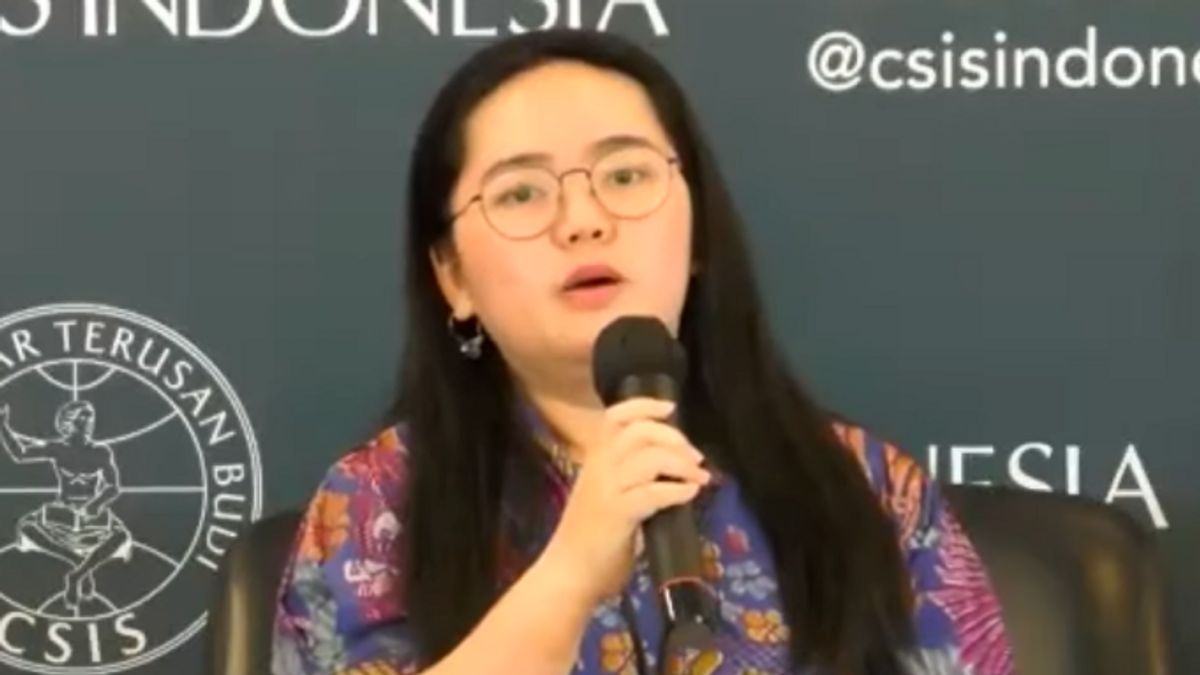JAKARTA - Research Center for Strategic and International Studies (CSIS) Indonesia Novia Xu revealed the root of Indonesia's economic decarbonization policy problem, namely the lack of public awareness in supporting and encouraging the direction of low-carbon economic policy.
"Even though public awareness is the foundation for the realization of climate action and optimal low-carbon economic policies," said Novia in a seminar entitled "The Direction of Policy and Mapping of Interest Stakeholders Towards Indonesia's Economic Decarbonization", quoted from Antara, Monday, March 13.
For this reason, he suggested that an increase in awareness of the importance of carrying out economic decarbonization actions through basic education and good communication strategies.
This increase in awareness can be done in three ways, namely first, the general public and community institutions can increase low-carbon economic insight and increase capacity.
The second way is that the government and business actors can build efficient and transparent communication lines, and thirdly, academics and international organizations can build platforms to access data, discourse, study results, and scientific recommendations.
In addition to the lack of awareness, Novia mentioned that there are three other general problems in low-carbon economic regulations in Indonesia, namely the lack of regulatory substance that reduces carbon emissions actually, lack of political direction and leadership, as well as a lack of coordination between policy makers and between stakeholders.
Thus, to overcome these various problems, CSIS provides recommendations such as adding the weight of the substance of decarbonization in the existing policy instrument mix through the design of fiscal and non-fiscal incentives and reviewing the achievement of the implementation of the policy mix in terms of supply.
Other recommendations are to prepare systematic and consistent political directions regarding economic decarbonization through the mention of a climate that is more than just jargon, implement political directions related to internal decarbonization for ministries/agencies (k/l), local governments, and BUMN first, as well as establish decarbonization indicators in government spending or minimum service standards.
Then, guaranteeing partiality to groups affected by economic decarbonization trends through the involvement of affected groups in identifying potential impacts, necessary needs, and relevant strategies, as well as providing capacity building in the field of green work.
He continued, the last recommendation is to manage cross-party coordination in a sustainable manner in implementing economic decarbonization targets through k/l horizontal coordination, central and regional vertical coordination, implementing follow-up success as a performance indicator, and simplifying local government reporting schemes to the center and integrating data on one platform.
The English, Chinese, Japanese, Arabic, and French versions are automatically generated by the AI. So there may still be inaccuracies in translating, please always see Indonesian as our main language. (system supported by DigitalSiber.id)













